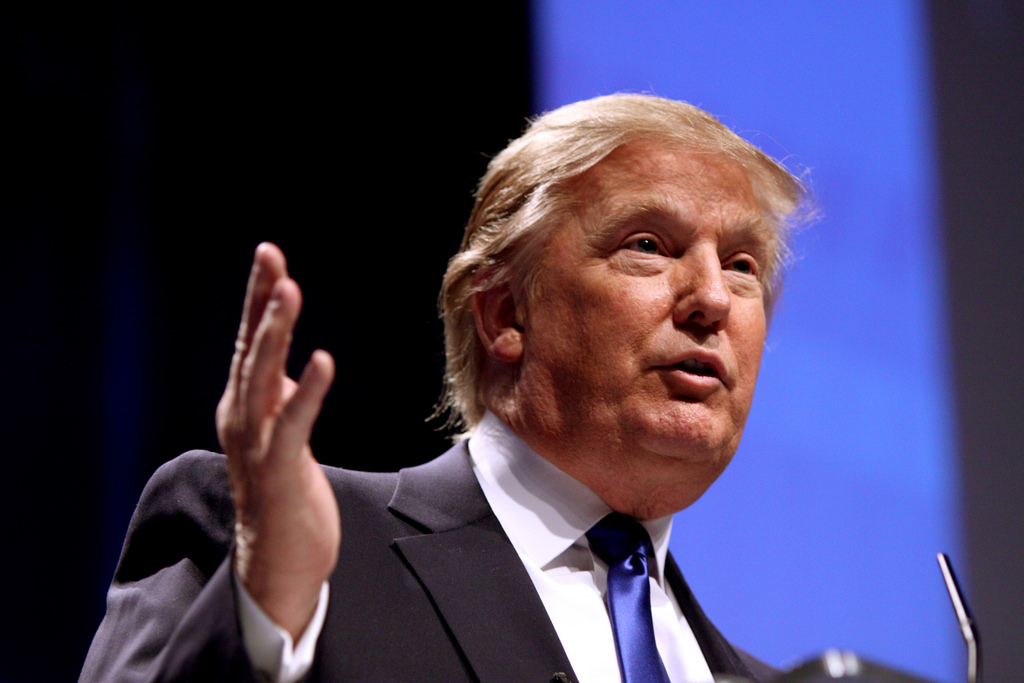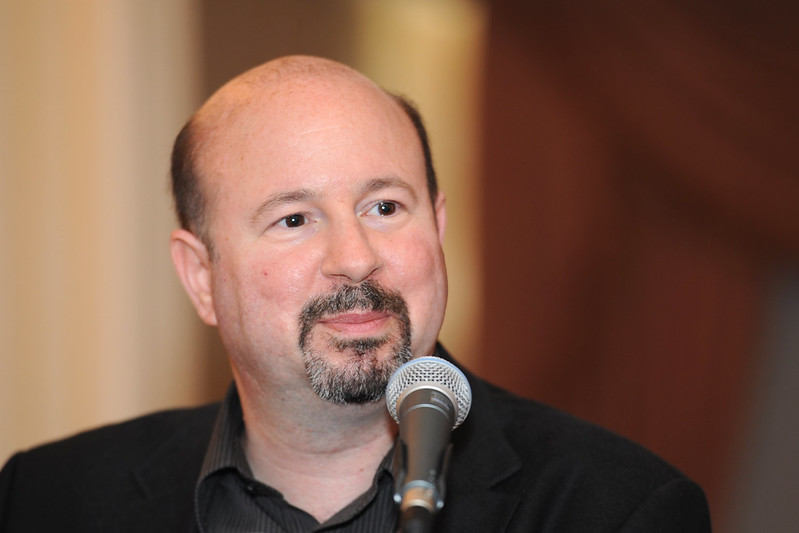Donald Trump has been elected as the next President of the United States, marking a major victory for fossil fuel interests and the network of groups and individuals across the world who deny climate change science.
The election of Trump, who has described climate change as a “hoax,” has sent shockwaves across the geopolitical world and added undeserved legitimacy to the arguments of climate science deniers.
Questions will now be raised about just how much damage a Trump administration could do to climate change policies domestically and internationally.
Environmentalists have said a Trump presidency would be a “planetary disaster.”
Analysts have written that Trump’s pronouncements on energy policy — overwhelmingly supportive of oil, gas and coal — also suggest the Republican would try and strip all funding that supports renewable energy development and climate research.
During the campaign, Trump pledged to tear up United Nations international climate change agreements while appointing career climate science denialist Myron Ebell as the person to remove key powers from the Environmental Protection Agency.
Trump’s win comes just days after the UN’s international climate change agreement, signed in Paris in December 2015, entered into force.
Negotiators from more than 190 countries are currently in Morocco to navgate a long list of action points to mobilize the Paris Agreement that aims to keep global warming well below 2 degrees C and bring an end to the fossil fuel era.
How Trump’s victory will play into the talks is uncertain, but many will be determined to make sure the Marrakech meeting is not derailed. While it will almost certainly have a destabilizing effect, experts have argued Trump would risk making the U.S. an international pariah if he tried to pull out of the agreement.
Former lead U.S. climate negotiator Todd Stern, who stepped down earlier this year, wrote on the Washington Post:
You can’t tell sovereign leaders around the world “you’re fired,” and you can’t tell them a multilateral agreement they just entered is canceled.
Of course Trump could, in theory, pull the United States out of the Paris regime, but that would be stunningly misguided.
Some experts have cited article 28 of the Paris Agreement, which states that a country can apply to withdraw from the deal after three years of ratifying it, after which the country must wait a further year before it is formally released. But there could be argument over the interpretation. Trump could try and pull out of the overarching UN Framework Convention on Climate Change.
Trump’s win also puts question marks over the billions of dollars the U.S. has pledged in climate financing through UN deals. During the campaign, Trump issued a “100-day” energy plan, where he pledged to cut this climate funding.
Trump’s 100-day action plan for energy #climate #cop22 “cancel Paris Climate Agreement” and stop payments “to U.N. global warming programs.” pic.twitter.com/p0BvVXzyrf
— Graham Readfearn (@readfearn) November 9, 2016
Myron Ebell, who was flagged to lead Trump’s EPA “transition” plan, has worked to undermine climate change science for about 20 years, much of that time at the Competitive Enterprise Institute.
The CEI has accepted millions over the years from conservative foundations, groups linked to the oil billionaire Koch brothers and fossil fuel giant ExxonMobil.
The CEI was among the “web of denial” described by Democratic Senators in a series of speeches to congress in July this year.
Other key Trump advisers, including Kathleen Hartnett White and energy adviser and Republican congressmember Kevin Cramer, have refused to accept the scientific evidence linking fossil fuel emissions to dangerous global warming.
Hartnett White, a director at the Texas Public Policy Foundation, pushes a “moral case” for using fossil fuels while dismissing the established science linking rising greenhouse gas levels to devastating climate impacts.
ClimateWire reported that leading Trump’s energy team during the campaign was lobbyist Mike McKenna, who has listed Koch Industries among his clients.
During Trump’s campaign, the Republican President-elect garnered and won the support of extreme fringe views on climate science denial, including conspiracy theorist Alex Jones of Infowars.
Main image: Donald Trump. Credit: Flickr/GageSkidmore CC BY–SA 2.0
Subscribe to our newsletter
Stay up to date with DeSmog news and alerts







